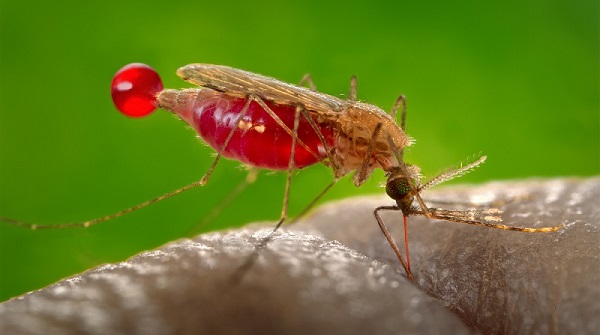Malaria has long been viewed purely as a public health crisis, but beneath its devastating toll lies a surprising economic dimension. The disease, which continues to cripple millions of lives in Africa, is also quietly shaping global markets and creating one of the most lucrative investment opportunities for the United States.
Africa accounts for the overwhelming majority of global malaria cases and deaths, with children under five remaining the most vulnerable. Beyond the tragic loss of life, the disease erodes productivity and weakens economic growth. Workers suffering from malaria can lose up to ten days of work per episode, often returning fatigued and less productive. This “malaria tax” drains billions annually from African economies, disrupting supply chains and diminishing profitability for companies with operations on the continent.
For U.S. businesses, the stakes are high. Estimates suggest Africa loses $12 billion each year due to malaria, a cost that cascades into reduced efficiency for international corporations. Yet within this problem lies a massive opportunity. If Africa achieves its 2030 malaria eradication goals, the continent could unlock over $4 trillion in additional economic output between 2016 and 2030.
The return on investment for malaria control is particularly striking. Every dollar invested generates nearly six dollars in economic growth, outperforming many traditional Wall Street bets. For U.S. companies, this means stronger workforces, more reliable supply chains, and expanded market access. Mining, oil, and agricultural industries operating in high-burden countries have already reported measurable gains from malaria control programs, including reduced absenteeism and improved productivity.
Beyond private corporations, U.S. strategic interests are also on the line. Malaria undermines regional stability, stunts Africa’s economic potential, and in turn limits the scale of trade partnerships. By channeling resources into eradication efforts, the U.S. not only secures healthier populations but also strengthens its economic foothold in one of the fastest-growing regions in the world.
The narrative is shifting: malaria is no longer seen solely as a humanitarian issue but as a high-stakes economic and strategic concern. Supporting Africa’s fight against malaria is therefore not just an act of aid it is a calculated investment. With $126.9 billion in untapped GDP waiting to be unlocked, the question is not whether the U.S. can afford to invest, but whether it can afford not to.

